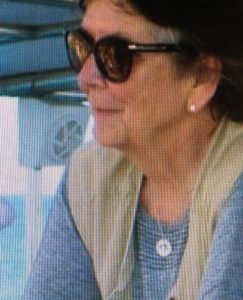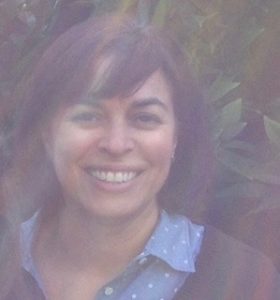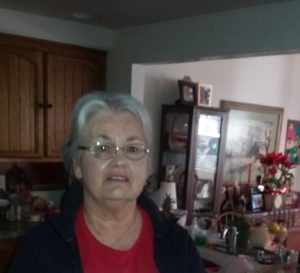Defining Health Relationships
We have recognized a cycle that every person goes through throughout their lives, as it pertains to others being involved in their health The relationship starts as a very dependent one, a parent or guardian taking care of a kid, the next stage of independence is perhaps the longest, where a person takes complete control of their health and no other relationships besides there own with their doctor is necessary. The cycle then completes itself however, as that stage of independence leaves and one on dependence replaces it. This stage usually involves adult children stepping in to care for their aging parents and becoming more familiar with their doctors and involved in their health. We recognize that this is a very crucial cycle to understand and address as we move forward. The following are the relationships and patterns that we have recognized corresponding with this guiding principle.
Parent-Child
“I am healthy now, so my family does not need to be in the loop with my doctors but I would want to be able to choose what they could see. I think it would be good for my doctors to have access to earthing but I don’t know if I would want my kids to know everything. I wouldn’t want to burden or worry them.” – Judy Hinton

Child- Parent
“I do think a daily check up is beneficial — not to keep track of me, but to keep track of my parents. It would help me keep tabs on them because they are so elderly and live far away. The number one thing for me would be their physical safety, especially since they live in a two-story house. Right now they’re doing fine, but I could see that being an issue down the road. If I felt like they needed more constant medical attention or if I wanted them to be monitored constantly, then I might start thinking about it” – Denise Brown

Role of Socialization
“I am out and about almost every day, Curt and I walk regularly and like to see the neighbors” – Cameron Campbell
